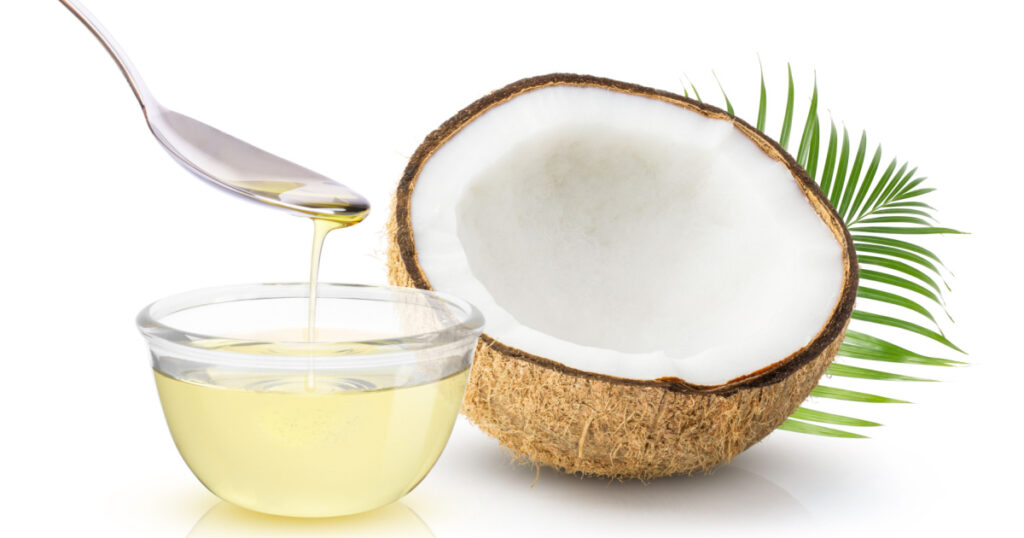In the ever-evolving world of health and wellness, one factor has emerged as a central player in our overall well-being: inflammation. This silent, yet relentless, adversary has been linked to a vast array of chronic health conditions, from heart disease to cancer. But what if we could take control of this inflammatory beast by simply changing what we put on our plates?

Credit: Shutterstock
Enter Dr. Jaqueline Wolf, a renowned Harvard gut doctor who has dedicated her career to unraveling the complex relationship between diet and inflammation. In a recent CNBC article, she shared her expert insights on the four specific foods that she actively avoids due to their inflammatory properties. Prepare to be surprised, intrigued, and empowered to take charge of your health.
As the old adage goes, “you are what you eat.” This timeless wisdom holds true when it comes to inflammation. The foods we consume play a crucial role in either fueling or fighting this silent menace within our bodies. And according to Dr. Wolf, there are four key offenders that should be on our radar.
1. Highly Processed Coconut and Palm Oil

Credit: Shutterstock
Coconut oil and palm oil may be staples in many households, but they can actually be detrimental to our health. These oils are high in saturated fats, which have been shown to trigger inflammation and increase the risk of heart disease. Dr. Wolf suggests swapping them out for healthier options, such as extra-virgin olive oil or flaxseed oil, which are rich in anti-inflammatory compounds.
2. Fatty Meats

Credit: Shutterstock
While a juicy steak or a plate of bacon may be tempting, Dr. Wolf cautions against making these fatty meats a regular part of our diets. The high levels of saturated fats in these foods can contribute to inflammation and the development of chronic conditions. Her advice? Opt for lean protein sources like skinless poultry, fish, or plant-based alternatives such as beans and lentils.
3. Highly Processed Foods

Credit: Shutterstock
The convenience of pre-packaged, processed foods may be hard to resist, but these culinary creations often come with a hidden cost – a cocktail of artificial additives, preservatives, and unhealthy trans fats. These ingredients can trigger inflammation in the body, undermining our efforts to maintain optimal health. Dr. Wolf recommends focusing on whole, nutrient-dense foods like fruits, vegetables, whole grains, and nuts.
4. Sugary Drinks

Credit: Shutterstock
Soda, energy drinks, and sweetened juices may quench our thirst, but they come at a price. The high levels of added sugars in these beverages can fuel inflammation and increase the risk of obesity, diabetes, and heart disease. Dr. Wolf advises swapping these sugary drinks for healthier alternatives, such as herbal tea, infused water, or water flavored with fresh fruits and herbs.
Inflammation is a complex and multifaceted process that plays a vital role in the body’s defense mechanisms. Acute inflammation, triggered by injury or infection, is a necessary and temporary response that aids in the healing process. However, when inflammation becomes chronic, it can have detrimental effects on our overall health.
Chronic inflammation has been linked to a host of serious medical conditions, including heart disease, cancer, Alzheimer’s disease, and autoimmune disorders. By understanding the role of diet in either exacerbating or mitigating inflammation, we can take proactive steps to support our long-term well-being.
The power to reduce inflammation and improve our health lies in our own hands – or, more accurately, in our kitchens. By heeding the advice of experts like Dr. Jaqueline Wolf and making conscious choices to eliminate the four inflammatory foods from our diets, we can take a significant stride towards better overall wellness.

Credit: Shutterstock
Swapping out coconut and palm oil for healthier alternatives, limiting our intake of fatty meats, opting for whole, minimally processed foods, and bidding farewell to sugary beverages can have a profound impact on our bodies. These simple dietary changes can help to quell the flames of inflammation, paving the way for improved energy, reduced risk of chronic disease, and a greater sense of vitality.
As we navigate the ever-evolving landscape of health and wellness, it’s clear that the foods we choose to consume hold the power to either support or sabotage our well-being. By heeding the advice of experts like Dr. Jaqueline Wolf, and making the conscious decision to eliminate these four inflammatory foods from our diets, we can take control of our health and embark on a journey towards greater vitality and longevity.
Remember, the road to better health is paved with small, sustainable steps. So, let’s embrace the opportunity to transform our kitchens and our lives, one mindful meal at a time. By doing so, we can harness the body’s natural ability to heal, thrive, and overcome the silent scourge of inflammation. The path to a healthier, happier you starts now.


